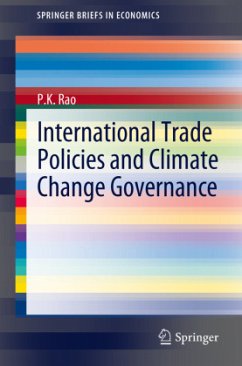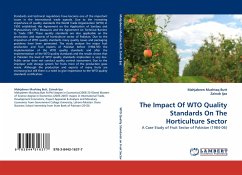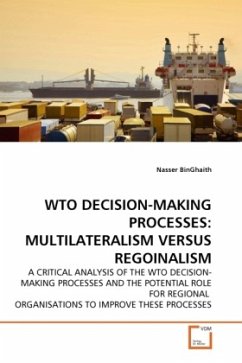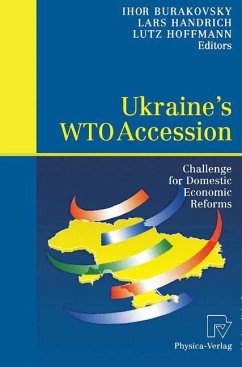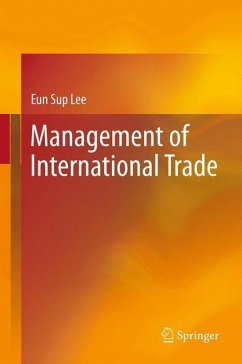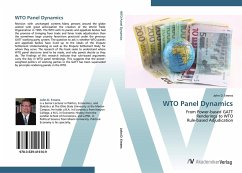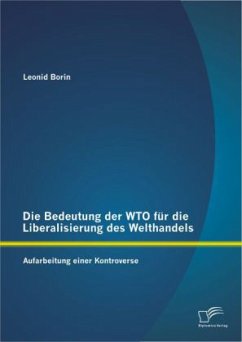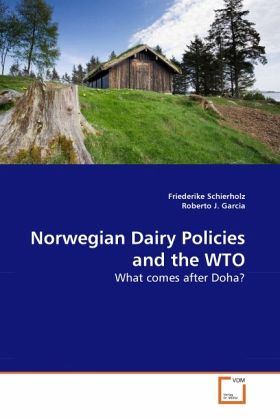
Norwegian Dairy Policies and the WTO
What comes after Doha?
Versandkostenfrei!
Versandfertig in 6-10 Tagen
32,99 €
inkl. MwSt.

PAYBACK Punkte
16 °P sammeln!
Norwegian farm support and agricultural protection is amongst the highest in the world, which makes Norway a prime example for studying the impacts of trade liberalization in agriculture. The country addresses its multifunctional policy objectives by market access restrictions, domestic support and export subsidies. However, as a member of the WTO, Norway acknowledged the benefits of trade liberalization and agreed to reject the use of protectionism. Since the Doha Round of the WTO made agriculture one of its central elements, the outcome of the negotiations is expected to have implications fo...
Norwegian farm support and agricultural protection is amongst the highest in the world, which makes Norway a prime example for studying the impacts of trade liberalization in agriculture. The country addresses its multifunctional policy objectives by market access restrictions, domestic support and export subsidies. However, as a member of the WTO, Norway acknowledged the benefits of trade liberalization and agreed to reject the use of protectionism. Since the Doha Round of the WTO made agriculture one of its central elements, the outcome of the negotiations is expected to have implications for Norway's agricultural policy and challenge policy makers to adapt. This book focuses on Norway's dairy sector and policy changes that could occur after the implementation of the Doha reduction commitments.



